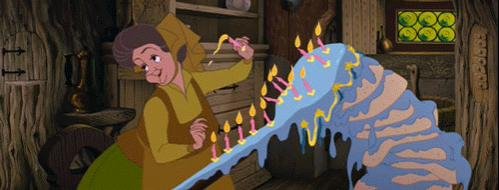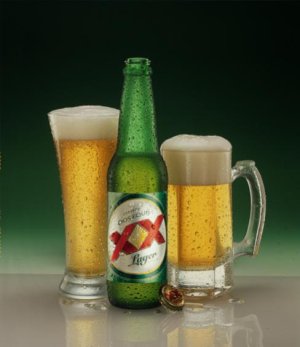Boghie
Market Veteran
- Reaction score
- 363
I found this other really, really, way cool site where you can compare different portfolio allocations. I'm not good at the writing and selling skills so perhaps Boghie can chime in if he finds the time and feels inclined to do so.
https://www.portfoliovisualizer.com/backtest-portfolio
JPCavin,
PortfolioVisualizer is an awesome site...
If you want to backtest a portfolio (for example, your TSP allocation) use this page... JPCavin and I have sent some messages back and forth to figure out the best funds/etfs to use for the G/F/C/S/I. Here is what we came up with:
G - CASHX (money market)
F - AGG
C - IVV
S - VXF
I - EFA
F - AGG
C - IVV
S - VXF
I - EFA
There are issues with using these funds. CASHX is closer to the 'G Fund' than two other funds (IEF or TLH) recommended by other sites. I looked at those funds and their variance was huge. I had to ask myself why? The answer has proven illustrative (J. wanted me to talk the 'Kings English'). How could a 5 - 7 year T-Bill ETF have a standard deviation of over 6%. How could it make almost 18% in one year while losing over 6% another. Our 'G Fund' does not work like that. Well, that got me thinking. The IEF ETF began to trade like a stock fund in 2007. Same with TLH. And, regretfully, the same with AGG. What that means, in reality, is that our 'F Fund' (AGG) is no longer a stable value bond fund. The affect of capital gains growth since 2007 has dwarfed its inherent yield. Thus, when interest rates rise the AGG will plummet - probably worse than most financial advisers predict. Yowser. Regardless, our 'G Fund' will always outproduce the CASHX so using it is very conservative. Our 'G Fund' behaves more like a bond fund than our bond fund. What a mess low interest rates and QE have created.
VXF is the closest J. and I could come up with for a market completion index. The 'S Fund' consists of all the U.S. equities after the 500 companies included in the S&P500. There is no correlated index for this - maintaining it might just be too complicated and too expensive. Both the Russell 2000 and the Russell 3000 are subsets of the 'S Fund'. And, we know what the Dow Completion W4500 is - you can't see anything more than a week old.
This is a bit of work and a work in progress. It is also dependent on the lifespan of the funds in question. Watch what happens to your date rages as you use different funds/ETFs. The start date will change to the fund/ETF that started most recently. Thus, you could think you are using 20 years, but you will actually be using 10 years if you are not careful.
But, I poked around a bit and found another page that more or less addresses this issue. It is called the 'Backtest Portfolio Asset Class Allocation'. The Asset Classes you should use are as follows:
G - T-Bills / Money Market (again, it will under-perform the 'G Fund')
F - Total Bond
C - Large Cap Blend
S - Small Cap Blend (Closer than the Mid Cap Blend which is odd to me)
I - Intl Developed Markets
F - Total Bond
C - Large Cap Blend
S - Small Cap Blend (Closer than the Mid Cap Blend which is odd to me)
I - Intl Developed Markets
I tested against MoneyChimps CAGR computation (which has changed for the better) and found the results for 'Large Cap Blend' ('C Fund'/S&P500) to be largely congruent. So using this, your 'G Fund' holdings will give you Alpha over a money market/T-Bill - but again, it is as close as I can get. The 'Small Cap Blend' and 'S Fund' are the most variant. Upwards of 2% per year. I think that is the affect of growth differences in Mid Cap and Small Cap in any single year. However, I do not know the ratios of Mid Cap Blend and Small Cap Blend necessary to equalize this. I have found the 'Small Cap Blend' to be the closer of the two in performance.
You can also watch the effect of DCA on an account. Using two of their sample allocations dated 2004 on (with my balance as of 2003/12/31):
- A '40% F'/'60% C' Allocation and a Custom without DCA
- A '40% F'/'60% C' Allocation and a Custom with a $8K annual DCA
In the 40/60 allocation - which is the rule of thumb allocation used for decades - a DCA of $8K per year added $150K to your account. Your DCA would have cost you $80K of which $40K was most likely a match.
And, to rub it into all us market pickers








